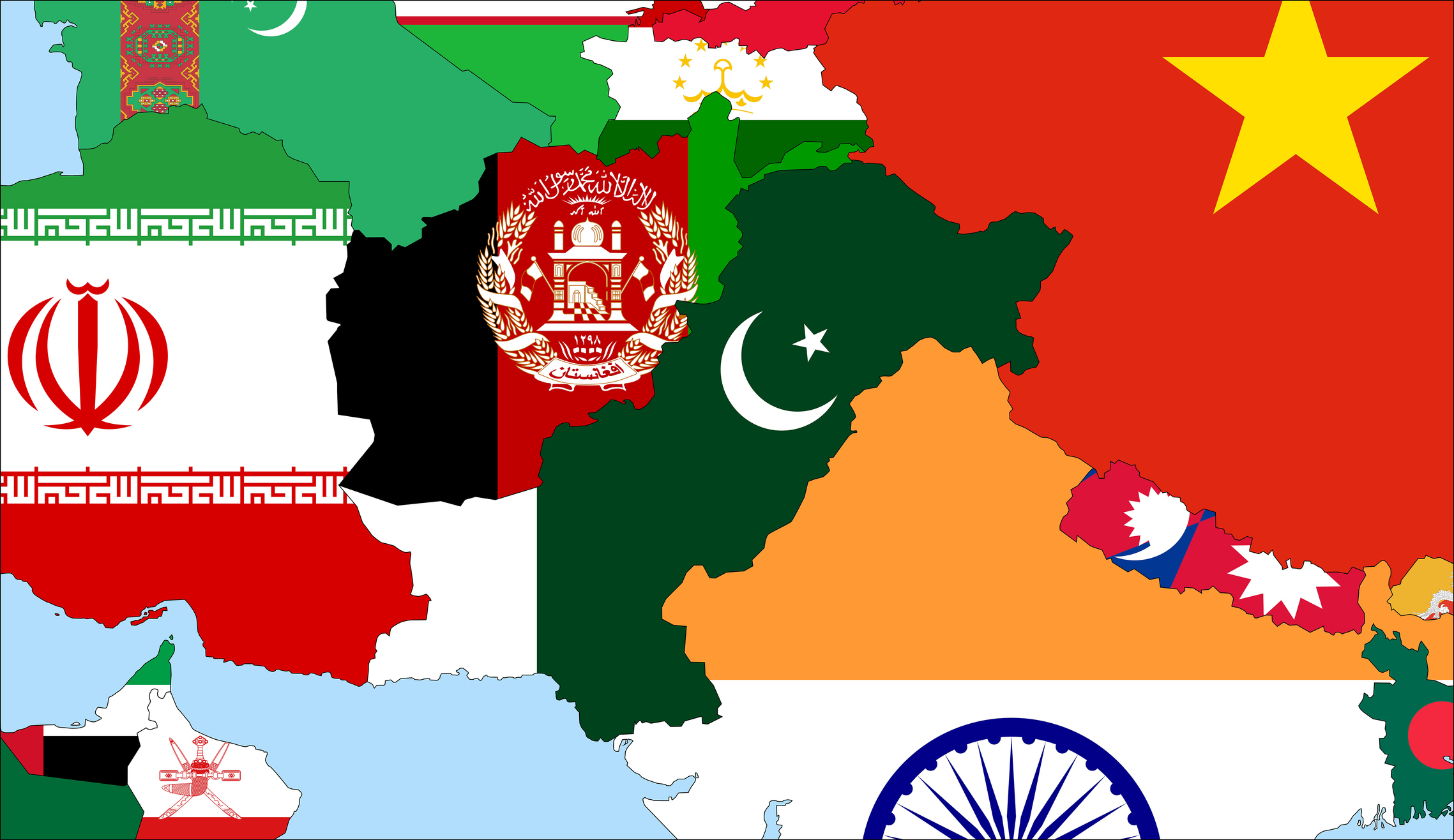
Pakistan has long endeavored to maintain a policy of peaceful coexistence with its South Asian neighbors, seeking to foster a cooperative and stable environment. This commitment reflects Islamabad’s desire to promote regional harmony, improve living standards, and build robust diplomatic, economic, and cultural ties. Unfortunately, the responses from its eastern and western neighbors, India and Afghanistan, have been less than encouraging, posing significant threats to Pakistan’s national security and regional stability.
In its pursuit of peaceful coexistence, Pakistan has consistently extended offers for dialogue to resolve disputes with India. Despite these overtures, New Delhi has adopted a rigid and severe stance toward Islamabad. India has persistently accused Pakistan of cross-border terrorism while simultaneously engaging in extraterritorial and extrajudicial activities within Pakistan. This antagonistic approach is further exemplified by India’s efforts to isolate Pakistan on international platforms, such as the Financial Action Task Force (FATF).
A clear example of this hostility was evident last year when the Pakistani foreign minister visited India for the Shanghai Cooperation Organisation (SCO) summit after a 13-year hiatus. The then Indian Minister of External Affairs, S. Jaishankar, harshly described the Pakistani foreign minister as a representative of the terror industry. This harsh rhetoric underscored India’s reluctance to engage constructively with Pakistan. This antagonism persisted during the 18th Lok Sabha election campaign in India, where the Bharatiya Janata Party (BJP) continued to use anti-Pakistan rhetoric to galvanize its voter base. Such derogatory language from Indian leaders indicates a deep-seated unwillingness to improve bilateral relations.
The already dim hopes for a fresh perspective on India-Pakistan relations under new governments in Islamabad and New Delhi have grown even fainter. Indian leaders’ repeated threats to annex Azad Jammu and Kashmir and Gilgit-Baltistan, along with suggestions of exchanging Indian Illegally Occupied Kashmir (IIOJK) for Kartarpur, highlight diversionary tactics. Even if the new government in New Delhi offers an olive branch, it is likely to have ulterior motives with limited longevity. Therefore, Islamabad must exercise strategic patience and remain cautious if New Delhi proposes dialogue, especially regarding the Kashmir dispute, as such overtures may be deceptive. Many analysts advocate for the resumption of dialogue and trade between India and Pakistan to foster regional peace. However, India’s persistent inclination to harm Pakistan leaves little room for cooperation. The situation demands that Islamabad adopt a firm stance towards India until it ceases its hostile intentions. A peaceful neighborhood can only be achieved through mutually constructive efforts to foster regional stability.
Pakistan faces similar challenges with its western neighbor, Afghanistan, which continues to undermine Pakistan’s national security. Despite hosting over four million Afghan refugees for more than four decades and advocating for international recognition of the Taliban government after the U.S. and NATO withdrawal in August 2021, Pakistan’s efforts have been met with hostility. Pakistan, alongside China, has offered Afghanistan connectivity with the China-Pakistan Economic Corridor (CPEC) and access to the Gwadar Port. However, these gestures have not been reciprocated with cooperation for regional peace and stability.
Afghanistan has consistently overlooked Pakistan’s contributions and instead supported terror groups such as Tehreek-e-Taliban Pakistan (TTP). Despite Pakistan’s efforts to seek the Afghan government’s cooperation in addressing rising terrorism from Afghanistan—a commitment the Afghan Taliban made during the Doha Dialogue—the interim Taliban regime has failed to curb the offensive actions of Afghan-based terrorist groups. Kabul’s use of these groups as bargaining chips demonstrates a reluctance to work with Pakistan for regional peace.
Even after the surge in terrorism in Pakistan from Afghanistan, Pakistan has kept its border with Afghanistan mostly open. However, the Taliban regime’s inability to control terror group infiltration forced Pakistan to take stringent measures, including closing borders and deporting illegal migrants. Afghanistan’s policies towards Pakistan harm its own people, as Afghan traders, patients, students, and family members face significant hardships due to restricted border crossings. Pakistan has always facilitated these basic needs, and Afghanistan’s antagonistic stance only exacerbates the suffering of its citizens.
Despite Pakistan’s persistent efforts to maintain cooperative relationships with both Kabul and New Delhi, both countries have shown an unwillingness to collaborate with Pakistan. Their actions aim to destabilize Pakistan through various means, including financing, supporting, and training proxies to conduct terrorist activities within Pakistan. These hostile actions necessitate a strict and firm response from Islamabad to any state that seeks to harm it. While Pakistan should remain open to cooperation in areas of socio-economic development and regional connectivity between East and West Asia and Central Asia, it must not overlook or tolerate any malicious attempts to destabilize the country internally or internationally. The adverse conditions created by its neighbors are detrimental to Pakistan’s internal peace and regional stability. Islamabad must clearly communicate its intent to protect its nation from both traditional and non-traditional security threats posed by these states and their proxies.
Additionally, Islamabad must assure an immediate, precise, and effective response to any state that attempts to harm or destabilize Pakistan. A peaceful neighborhood requires collective effort and genuine intentions, not just from Pakistan but from all regional actors. It is not solely Pakistan’s responsibility to ensure regional peace; it necessitates a collaborative approach from all South Asian countries.
In conclusion, Pakistan’s commitment to regional peace and cooperation is evident, but the persistent hostility from its neighbors necessitates a firm and strategic approach. Only through mutual respect and constructive efforts can a peaceful and stable South Asian region be achieved.
